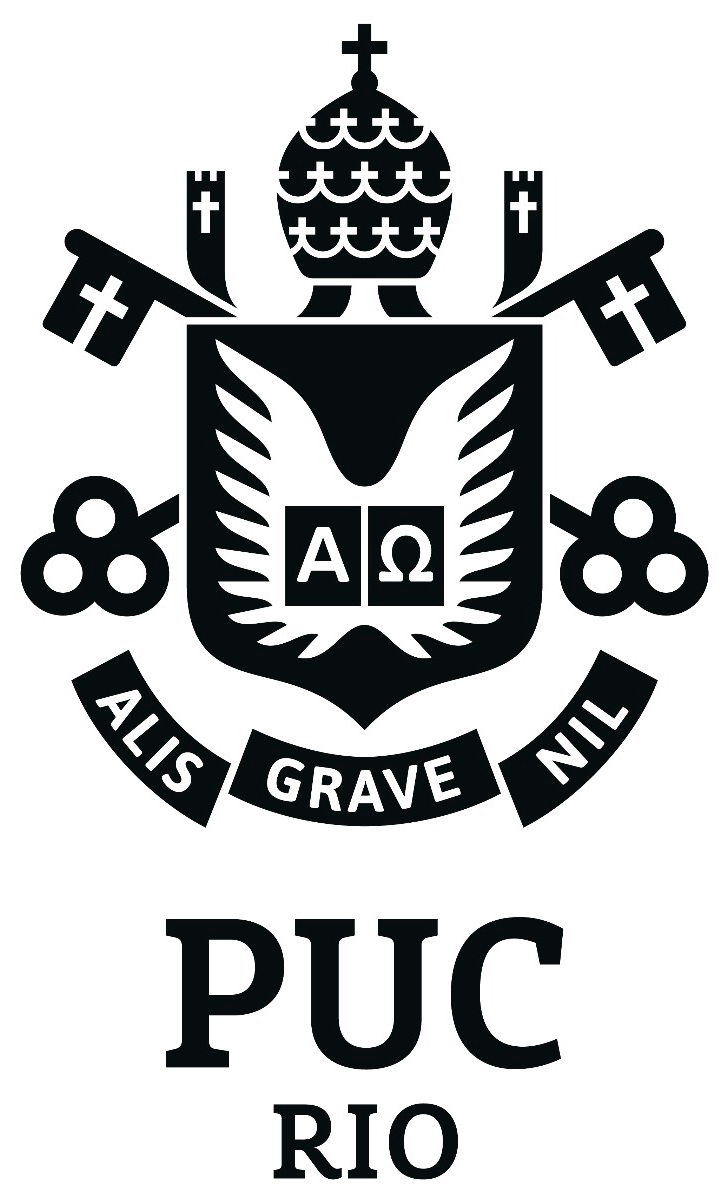Informality and Consumption of Formal Goods
Advisor: Yvan Becard
Co-advisor: Gustavo Gonzaga
Examiners: Juliano Assunção, Cezar Augusto Ramos Santos.As economies develop and grow, their informal sector shrinks. The literature emphasizes a number of supply-side causes (higher costs of informality for larger and capital-intensive firms, improved state enforcement capacity, higher levels of education) to explain this phenomenon. This thesis contributes to the debate by proposing a new, demand-side explanation. We argue that the rise in formality can be explained, in part, by a rise in demand for formal goods and services from households whose income is growing. Using Brazilian household expenditure survey data, we document that in the cross-section, higher-earning households consume a larger fraction of formal goods (7 percentage points as income doubles). We also show that, over time, formal consumption increases together with income. We attempt to provide a causal estimate by analysing exogenous increases in the minimum wage. Last, we propose a theoretical discussion on the type of preferences consistent with this observed behavior.
See also
Understanding Financial and Non-Financial Balance Sheet Recessions
08/09/2025
Fernando Mendo
Monetary Policy and Housing in HANK
09/05/2025
Bruno Alcântara Duarte
A stochastic simulation/calibration of the cash flows between FAT and BNDES Better understanding the cash flow projections for the fund
05/05/2025
Tiago Cytryn Collett Solberg

